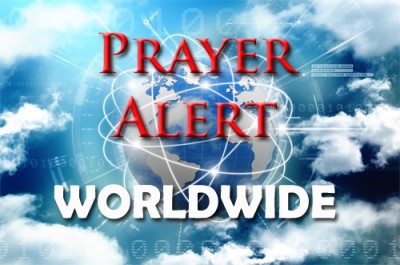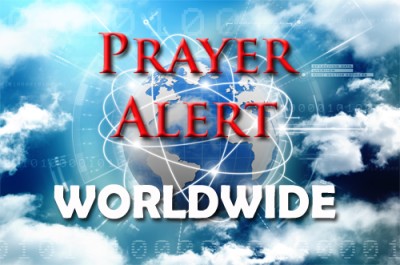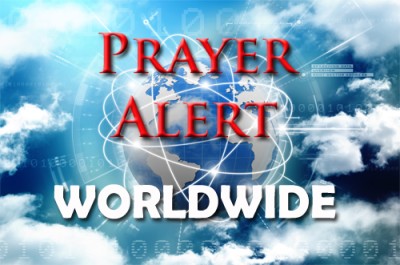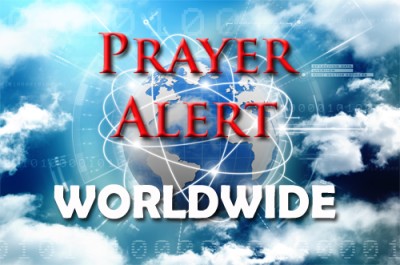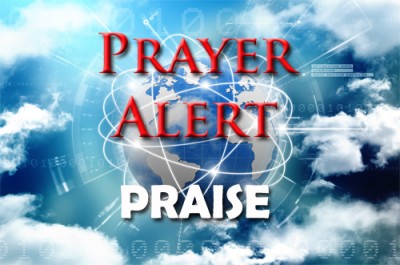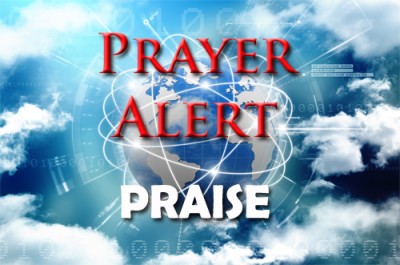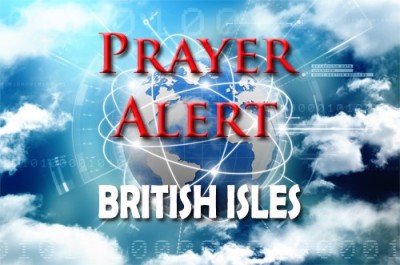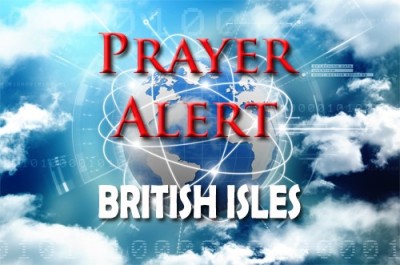COP28: illegal wildlife trade a huge threat
14 Dec 2023During COP28, a panel discussed the urgent need to address the vast and damaging illegal wildlife trade. The panel highlighted the severe consequences of this trade, which ranks as the fourth-largest illicit trade globally, valued at over $23 billion annually, mainly controlled by criminal networks. It poses a significant threat to biodiversity, ecosystems, and climate. It disrupts natural balance, impacting global sustainability. This illegal trade is transnational and organised, generating enormous profits; it was pointed out that banks have regulatory obligations to combat financial system abuse by such criminals. DP World, a major global supply chain solutions provider, revealed that a high portion of illegal wildlife trade products is transported by the maritime sector. The panel called for greater cooperation among stakeholders, including the financial sector, transport industry, and law enforcement, to combat this critical issue.
Nicaragua / Guyana border dispute is reignited
14 Dec 2023Guyana's vice-president, Bharrat Jagdeo, has issued a strong warning that his country will defend itself ‘by all and any means’ amid growing concerns that Venezuela's president Nicolás Maduro may attempt to annex a portion of Guyanese territory, particularly the mineral-rich Essequibo region. The current borders were agreed in 1899 after international arbitration. Guyana, a small nation, has historically relied on diplomacy and international law but is now exploring defence cooperation with allies, including the USA. Its army, with only 4,000 active personnel, would potentially face Venezuela's well-equipped, Russian-backed forces of over 350,000. Jagdeo also expressed concerns that the decision by the USA to ease sanctions on Venezuela may have emboldened Maduro in his threats. The border dispute has intensified since oil was discovered off Guyana's coast in 2015. Many believe that Maduro is seeking to shore up support domestically before the elections in 2024. Washington expects him to ensure a ‘free and fair’ vote as part of the sanction relief deal.
The Chinese military is increasing its capability to disrupt vital US infrastructure, such as power and water utilities, communications, and transportation systems. Hackers linked to its People's Liberation Army have infiltrated around two dozen critical entities over the past year. Targets included a Hawaiian water utility, a major West Coast port, an oil and gas pipeline, and even an attempted breach of Texas's independent power grid. While these intrusions did not impact crucial industrial control systems or cause disruptions, they indicate China's intent to complicate US military efforts in the Pacific region during a potential conflict, particularly in the context of Taiwan. This cyber campaign, known as Volt Typhoon, emerged about a year ago, highlighting the increasingly antagonistic relationship between the two countries. These actions underscore China's evolving cyber strategy from espionage to potential infrastructure disruption.
The government has announced that South Africa, battling crippling power blackouts, plans to add 2,500 megawatts of new nuclear generation. The country has Africa's only nuclear power station, but the Koeberg plant near Cape Town is currently only working at half capacity. The first of the new units will probably come on stream in 2032 or 2033. Electricity minister Kgosientsho Ramokgopa said the extra nuclear power would be a significant milestone. He added that it would be part of the government action to ‘ending the existential challenge that is confronting the country’ over power shortages and long-term energy security. Rotating power cuts of up to twelve hours a day over the past fifteen years have badly hit the economy and the government's reputation as it heads into an election next year. National power company Eskom has been tainted by corruption and maintenance problems which have led to the power cuts. In a bid to extend the life of the Koeberg plant by twenty years, one unit was closed for nearly a year and the second unit was shut down for maintenance this week.
Shine your Light this Christmas!
07 Dec 2023This Christmas, the World Prayer Centre, Birmingham encourages Christians to shine their light in their communities, grappling with a severe mental health crisis marked in part by alarming suicide rates across the UK. Tragic stories of despair, such as a teenager in Nottingham, a girl in Belfast suffering from online abuse, and a former rugby player's suicide, highlight the urgency of bringing hope and light to those in pain. The 'Shine Your Light' campaign urges Christians to step out of their churches and engage with their communities in meaningful ways. On the weekend of 16-17 December, through events in town halls, high streets, and public places, Christians will be encouraged to gather, pray, and ask for Jesus's light on the nation. Churches and individuals are invited to sign up and participate, bringing hope and the light of Jesus to their communities. For further details, including the resources available, go to the campaign website below.
A new survey for London City Mission (LCM) reveals that most Christians, particularly those interacting with people from similar social backgrounds, feel confident about sharing their faith. It surveyed 1,007 practising Christians who regularly attend church, read the Bible, and pray. 78% are confident in discussing their faith with non-Christians, 89% see it as important, and 76% wish to do so more frequently. Christians most commonly share their faith with friends (42%), family (42%), and colleagues (37%). However, 30% feel less comfortable discussing faith with those from different social backgrounds, and similar numbers struggle with people of different nationalities (29%) or other faiths (29%). Sharing faith with marginalised groups like the homeless or refugees is challenging for 20%. Hesitations stem from concerns about negative reactions, fear of saying the wrong thing, and respecting others' beliefs. LCM’s Efrem Buckle highlighted the 'gospel poverty' in London, urging action to bridge gaps with deprived communities. To aid this, LCM has introduced 'Everyday Evangelism', a resource hub and podcast, to encourage and guide Christians in broader evangelism.
During this week's Covid inquiry, former prime minister Boris Johnson faced intense scrutiny over his government's handling of the pandemic. Johnson expressed sorrow for the 'loss and suffering' caused by Covid, but bereaved families dismissed his apology, asserting that 'the dead won't hear your apologies’. Johnson acknowledged the government's mistakes and claimed personal responsibility for decisions made, while admitting they were 'oblivious' to the virus's severity early on. Key moments from the inquiry included Johnson's admission of government errors, his reliance on advisers over SAGE meeting notes, and his contemplation of sacking health secretary Matt Hancock. He also faced allegations of asking why the economy was being damaged for those 'who will die anyway soon' and overseeing a 'toxic' culture in Downing Street that hindered the pandemic response. The inquiry, chaired by Baroness Heather Hallet, was marked by protests and interruptions from Covid victims' representatives. Johnson's two-day testimony is part of a larger investigation into UK decision-making and governance during the pandemic, focusing on the government's delayed reaction and alleged mismanagement.
Robert Jenrick has resigned as the UK's immigration minister due to disagreements about the Government's new proposed Rwanda legislation, which he believes does not offer sufficient protections to end legal challenges that hinder the scheme. He stated that he found the proposal inadequate for successful implementation, describing it as ‘a triumph of hope over experience’. Sunak expressed disappointment, emphasising the risk of collapsing the scheme by entirely excluding the courts. The Rwanda option, aimed at deterring Channel crossings by asylum seekers, has faced delays and legal challenges, with no transfers as yet. The new bill seeks to circumvent the UK Supreme Court's ruling against the plan by limiting the applicability of the Human Rights Act (HRA) and other laws. However, it stops short of overriding the entire HRA and the European Convention on Human Rights (ECHR), as some Conservative MPs desired. Labour's Yvette Cooper criticised the chaotic situation, highlighting the government's struggles. The bill’s potential success seems uncertain amid legal challenges and political divisions within the Conservative party.
